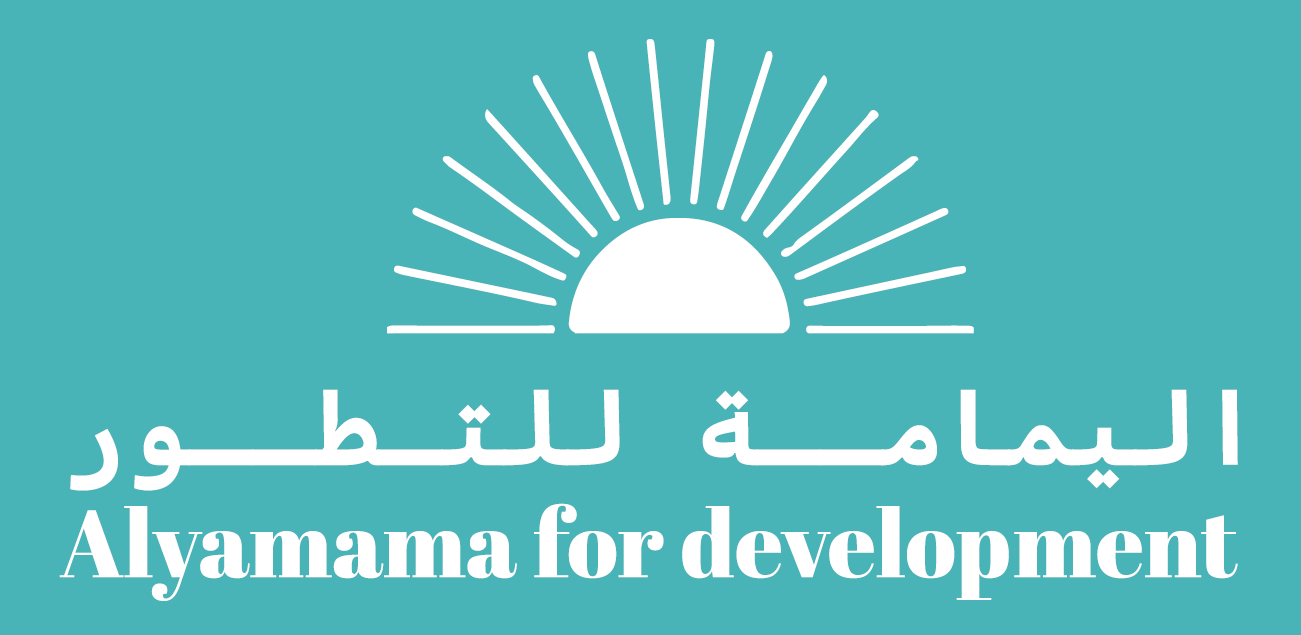The code of ethics
The Alyamama For Development code of ethics is made up of the principles that we undertake to respect in order to guarantee an ethical and professional framework for the relationship with our clients, our coaches and our partners. These principles are also part of the code of ethics of the International Coach Federation ICF, thus ensuring the quality and integrity of coaching services.
This charter is explicitly accepted by our clients or partners when contracting one of our services.
Responsibility for decisions and actions : Professional coaching being a process of professional and personal development, the person being coached is responsible for its implementation and its result. The coach therefore leaves him/her with full responsibility for his/her decisions. The coach thus has an obligation of means and not an obligation of result.
Protection of the person and benevolence : respectful of people and aware of his position, the coach refrains from exercising any abuse of influence. He adapts his intervention in accordance with the stages of development of the person being coached. The coach refrains from giving advice or guidance to the coachee and draws on the latter's resources to enlighten him on new openings and awarenesses. He ensures the autonomy of the coachee. In the event that a transferential link of dependence of the coachee vis-à-vis the coach is established, the coach refrains from any manipulation or abuse of power against the coachee.
Confidentiality : the professional coach is committed to confidentiality and professional secrecy. He takes all precautions to maintain the anonymity of his client and does not communicate any information concerning him to a third party without his prior consent. The processing of client data is carried out confidentially in order to preserve the relationship of trust with our clients (see privacy policy).The client is nevertheless informed that, in certain serious conditions, where he himself represents a danger to himself or to others, the coach may come out of confidentiality and take appropriate action.
Respect : The coach is committed to respecting the dignity, values and beliefs of each client. He refrains from making judgments about him. The coach respects the choices and decisions of the person being coached and believes that he or she has all the qualities, skills and resources necessary.
Professional practice : the professional coach consciously authorizes himself to exercise this individual support function based on his initial high-level theoretical and practical training and his experience. The coach acts with honesty and transparency in all his professional interactions and clearly informs the client of the terms, rates and conditions of the coaching service through a clear contractualization with the client including the coach's competence, the objectives of the mission, the nature of the service offered, the confidentiality clause and the responsibilities of each. He also specifies the frequency and duration of the interviews, the way in which they will take place (in person, by telephone, Internet, etc.) as well as the amount of fees to be received by the coach. He informs him of this charter which appears in the appendix to the coaching contract with the organizations. The coach is fully committed to the coaching process and expects the same commitment from the client. The coach undertakes to maintain and develop his professional skills through continuing training or participation in seminars. The coach recognizes the limits of his skills and directs the client to other professionals if necessary. He commits to engaging in ongoing personal development and hygiene work through coaching or therapy sessions, maintaining his body and state of mind, etc. The coach has a place where his professional practice is supervised individually and/or in a group by one or more qualified peers.
Refusal of service: The professional coach may refuse coaching service for personal or ethical reasons specific to the organization, the requester or to himself. He then directs the client towards other possible solutions.
Request made as part of organizational coaching : the request for personalized coaching in organisations responds to two levels of demand, one formulated by the company and the other formulated by the person being coached herselve. The coach verifies and validates the coaching need of the person being coached.
Confidentiality and limits of restitution to the principal contractor : In a tripartite contract, the interviews with the person being coached are confidential. The coach enjoys his independence. He refrains from disclosing the content of the sessions to the hierarchy of the person being coached, nor to a third party. And vice versa, refrains from acting as an intermediary for the person being coached with his hierarchy in terms of requests for promotion or complaints.
Balance of the entire system : personalized coaching in business is practiced in the synthesis of the interests of the person being coached and their company. The same applies to coaching in a public organization and free and supportive coaching in an association. In particular, the coach maintains an external position, and does not take a position or get involved in internal issues of the organization, in particular human resources management.
Stopping a coaching mission: If, during the coaching relationship, he finds that it is no longer possible for him to function or maintain his coaching posture according to the terms of the contract, he is ethically obliged to end it by clearly explaining the reasons for his decision. As far as possible, he will ensure that other options are offered to his client.
precaution in communicating with third parties: The coach is very careful and observes an attitude of reserve regarding the information he can deliver on the exercise of his profession, vis-à-vis third parties, public or colleagues during interviews or conferences. And this, in order to avoid, for example, any risk of recognition of his clients by others, or even use his clients for media purposes..
Location of the service: Alyamama for development services can be provided in-office or within the organization, in person or remotely.
Discover our Alyamama for development services:
